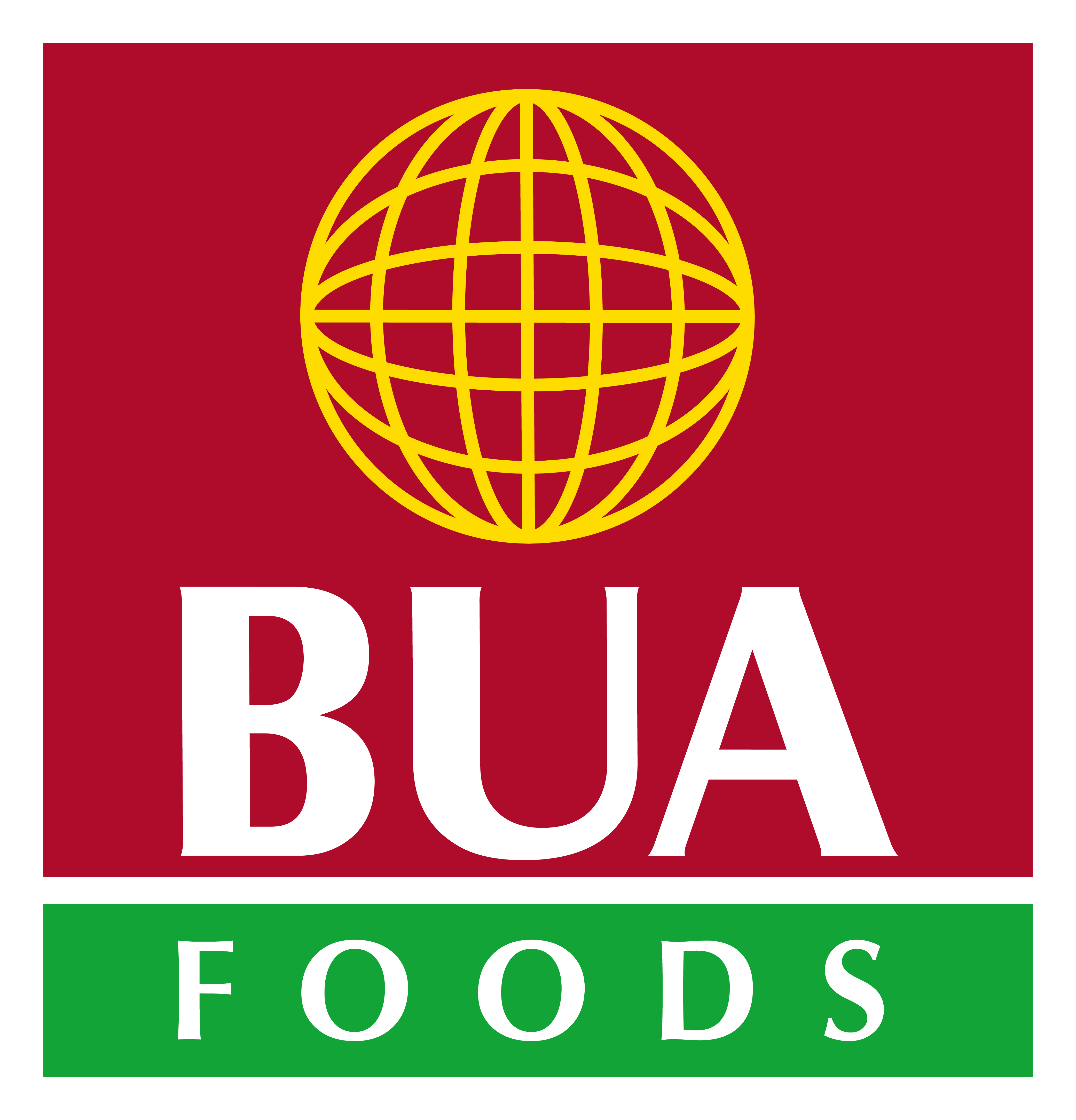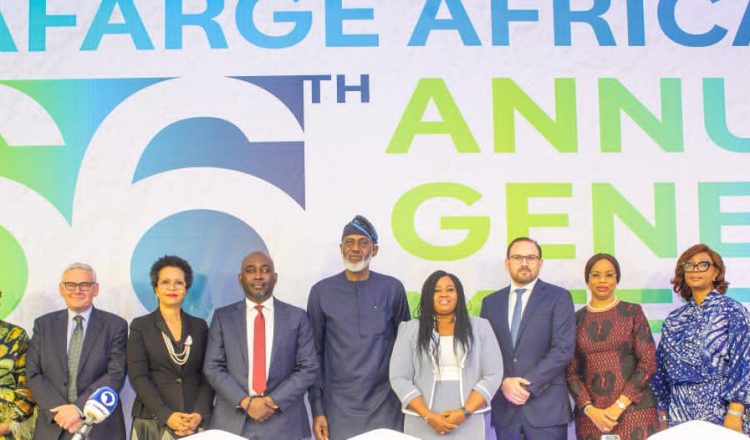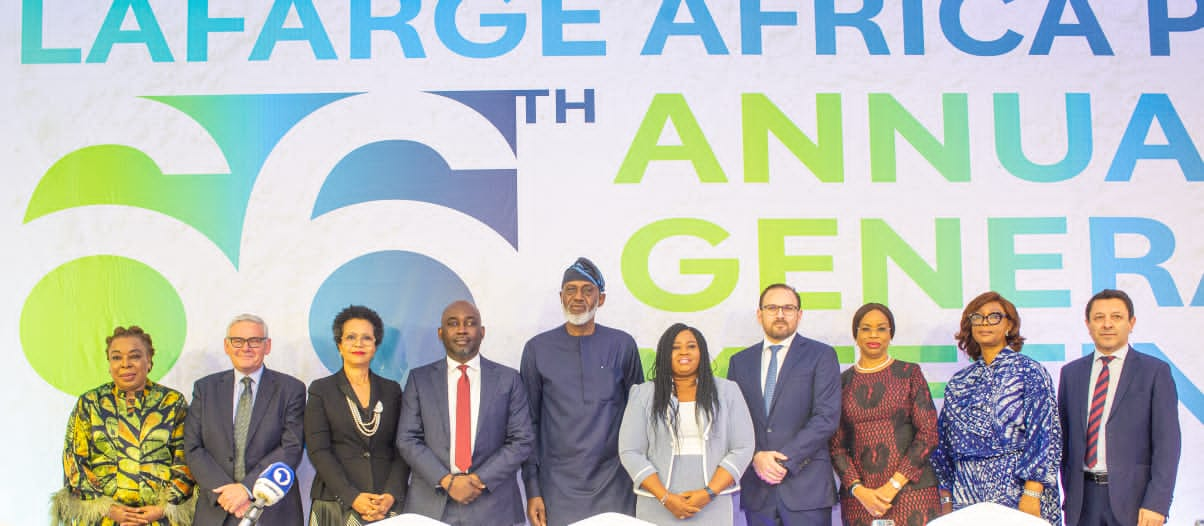Nigerian Breweries Appoints Emmanuel Oriakhi As Sales Director

Nigeria’s foremost brewing company, Nigerian Breweries Plc, has announced the appointment of Emmanuel Oriakhi as the Sales Director of the company. His appointment became effective on 24th March, 2025.
The appointment was conveyed through a statement issued and signed by the Managing Director, Hans Essaadi recently and made available for journalists.
Since November 2024, Emmanuel has been leading the Sales Function in an interim capacity alongside his responsibilities as Marketing Director. He is expected to continue to oversee the Marketing Function until 1st June when a new Marketing Director will take over.
As Sales Director, he is expected to lead the Sales team in driving excellent trade execution, enhancing customer experiences, and increasing distribution efficiency and sales productivity.
He will continue to spearhead initiatives aimed at sustaining a future-ready sales workforce by enhancing sales capabilities, championing Women in Sales (WIS) programs to advance diversity, equity, and inclusion, and fostering a leading innovative culture that ensures the company wins beyond limits in an increasingly volatile environment.
In that same role, he is responsible for managing the reintegration of Trade Marketing and Key Accounts from Marketing back to Sales to create a more holistic and fit-for-purpose Sales organization.
Until his assumption into the new role in official capacity, Emmanuel holds sway as Marketing Director, a position he has held since September 2018, leading successful innovations across the portfolio, including Desperados, Zagg, Legend Twist, Goldberg Black, and Heineken 45cl.
He championed the organisation’s premium drive, shaping its value strategy and boosting brand power for Heineken, Tiger and Desperados over the past couple of years.
Emmauel Oriakhi joined Nigerian Breweries PLC in 2003 as a Commercial Management Trainee, where he has held increasingly senior roles within the Commercial Function of Nigerian Breweries and HEINEKEN N.V as an international assignee. Under his leadership, the team won the HEINEKEN Global Commercial Assertiveness Award for relaunching regional brands, stabilizing market share growth in Nigeria.
As a member of the management team, he has consistently fostered talent development by encouraging his team to pursue learning opportunities through stretching projects and Short-Term Assignments (STAs) within global and regional commerce teams.
A member of the HEINEKEN Group, Nigerian Breweries Plc is the pioneer and largest brewing company in Nigeria. Incorporated in 1946 as “Nigerian Brewery Limited,” the company made history in June 1949 when the first bottle of STAR lager beer rolled out of its Lagos brewery bottling line. Today, it has a rich portfolio of 19 high-quality brands (such as Heineken, Desperados, Maltina, Life, Amstel Malta, Gulder, Fayrouz, and Legend) produced from 9 breweries and two malting plants which are distributed nationwide.
Nigerian Breweries is also a recipient of several awards and recognition in other areas of its operations, including product quality, marketing excellence, productivity and innovation, health and safety, corporate social responsibility, and sustainability.




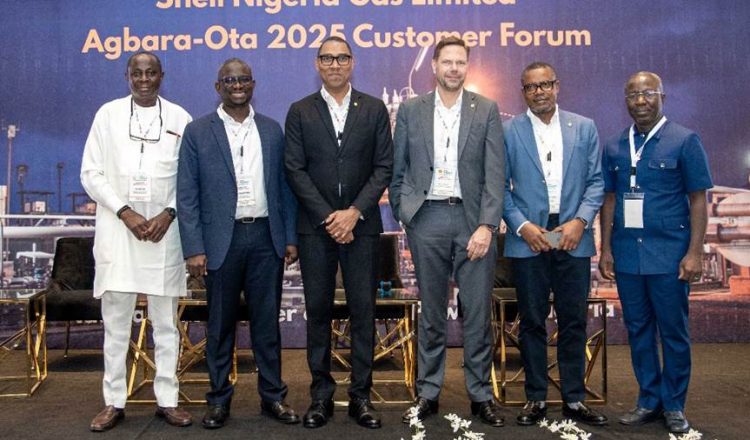

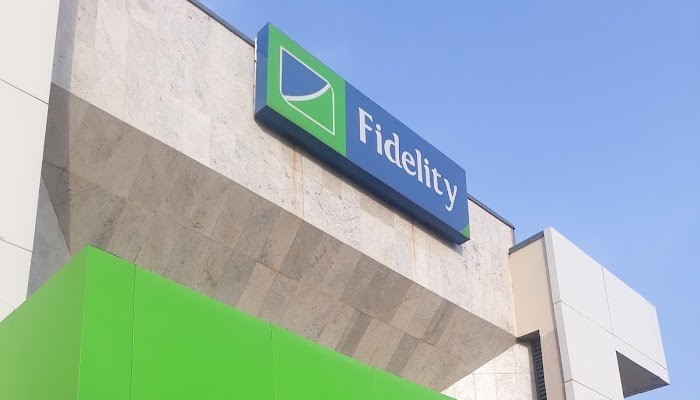

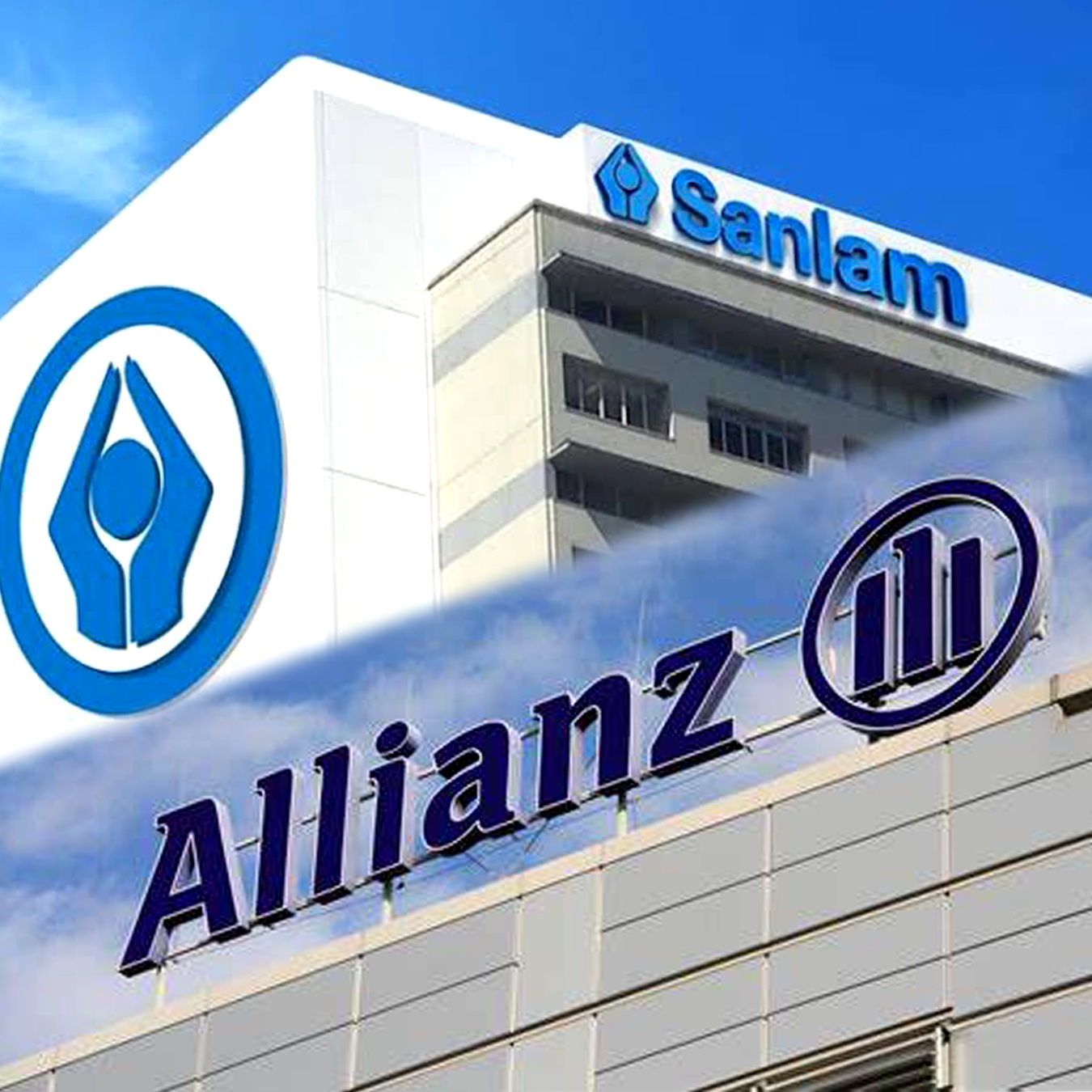 Two of the biggest names in global and African non-banking finance and insurance services, Sanlam and Allianz, have sparked speculation in Nigeria’s insurance industry following a wave of coordinated digital communication activities indicating an imminent completion of the expected merger of the operations in Africa’s largest economy.
Two of the biggest names in global and African non-banking finance and insurance services, Sanlam and Allianz, have sparked speculation in Nigeria’s insurance industry following a wave of coordinated digital communication activities indicating an imminent completion of the expected merger of the operations in Africa’s largest economy.
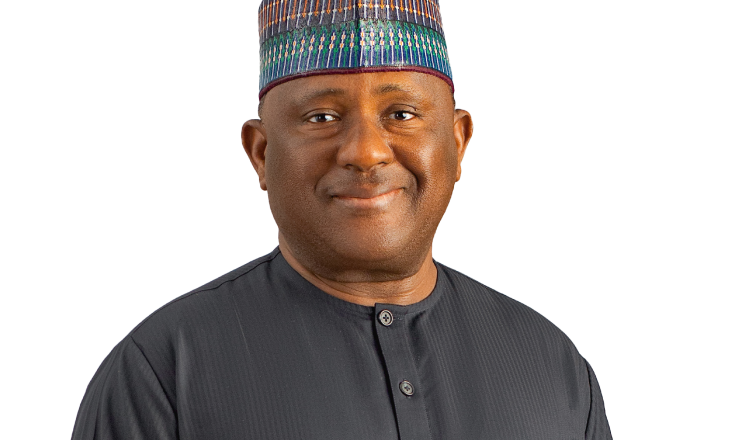
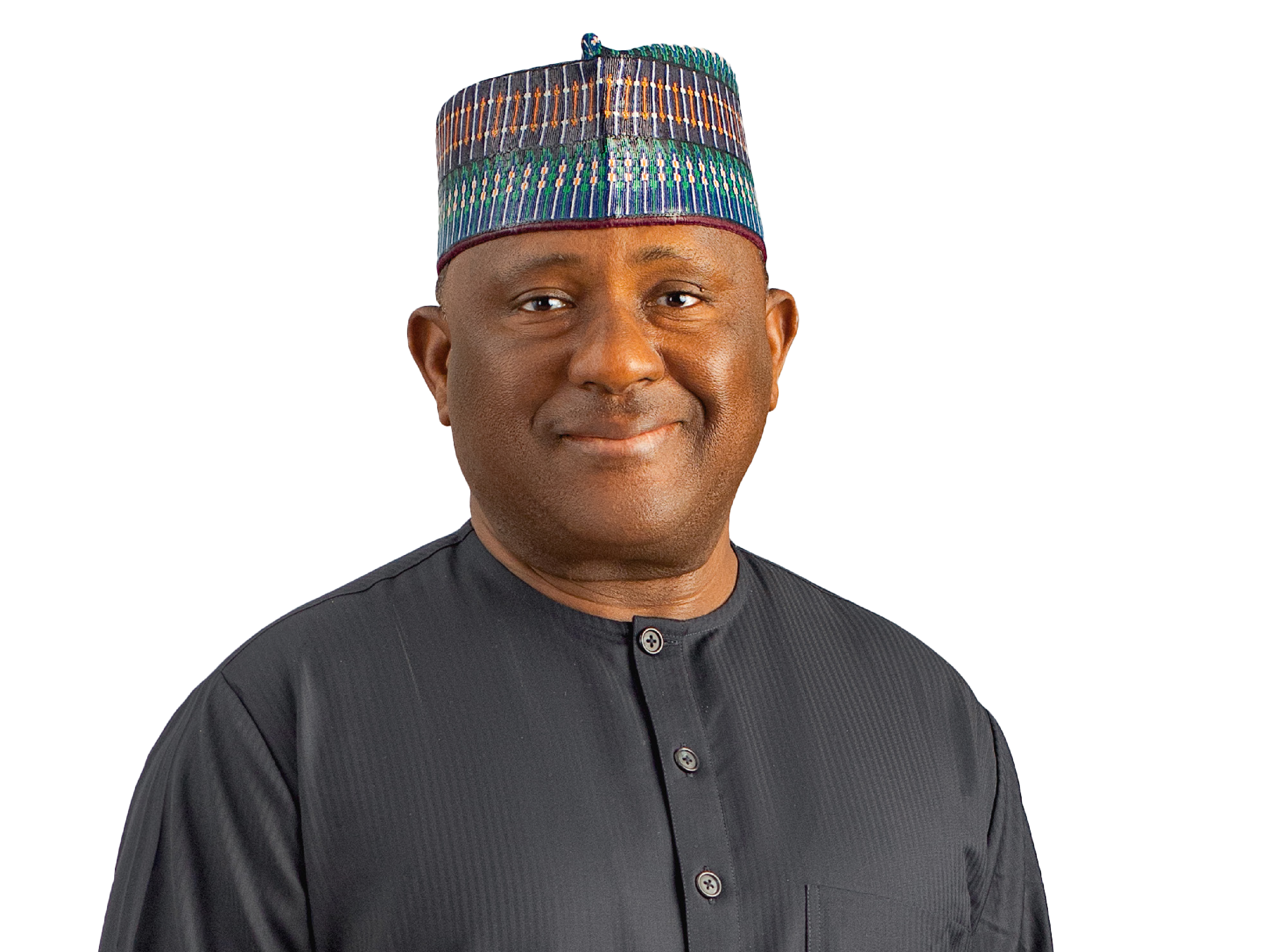
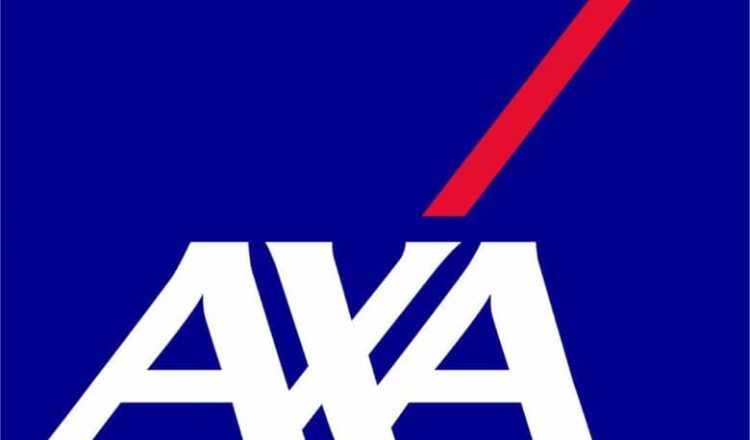
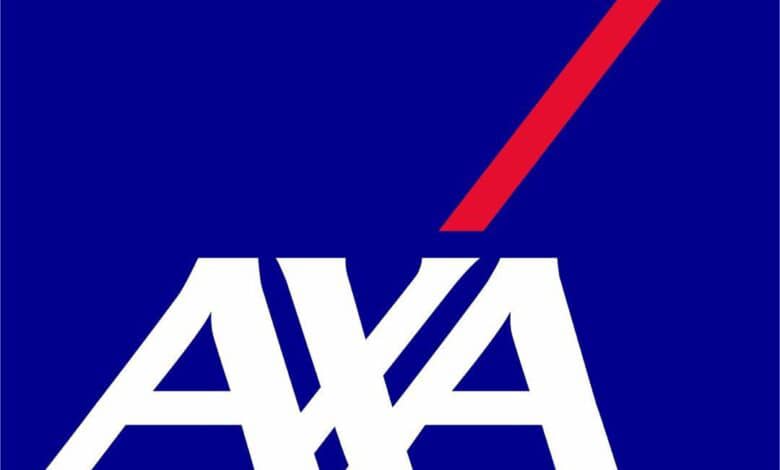
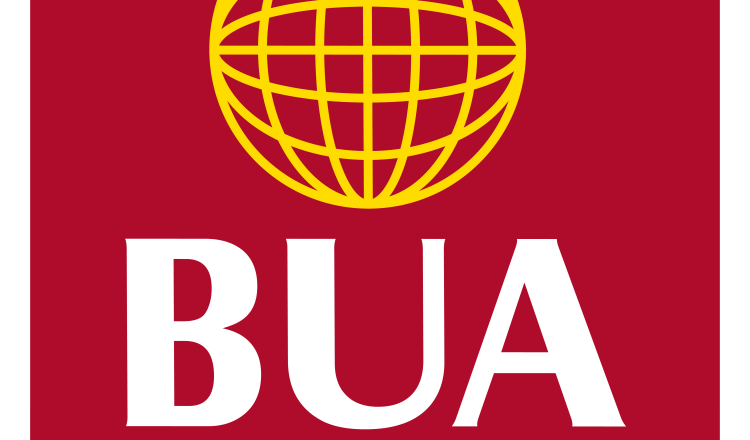
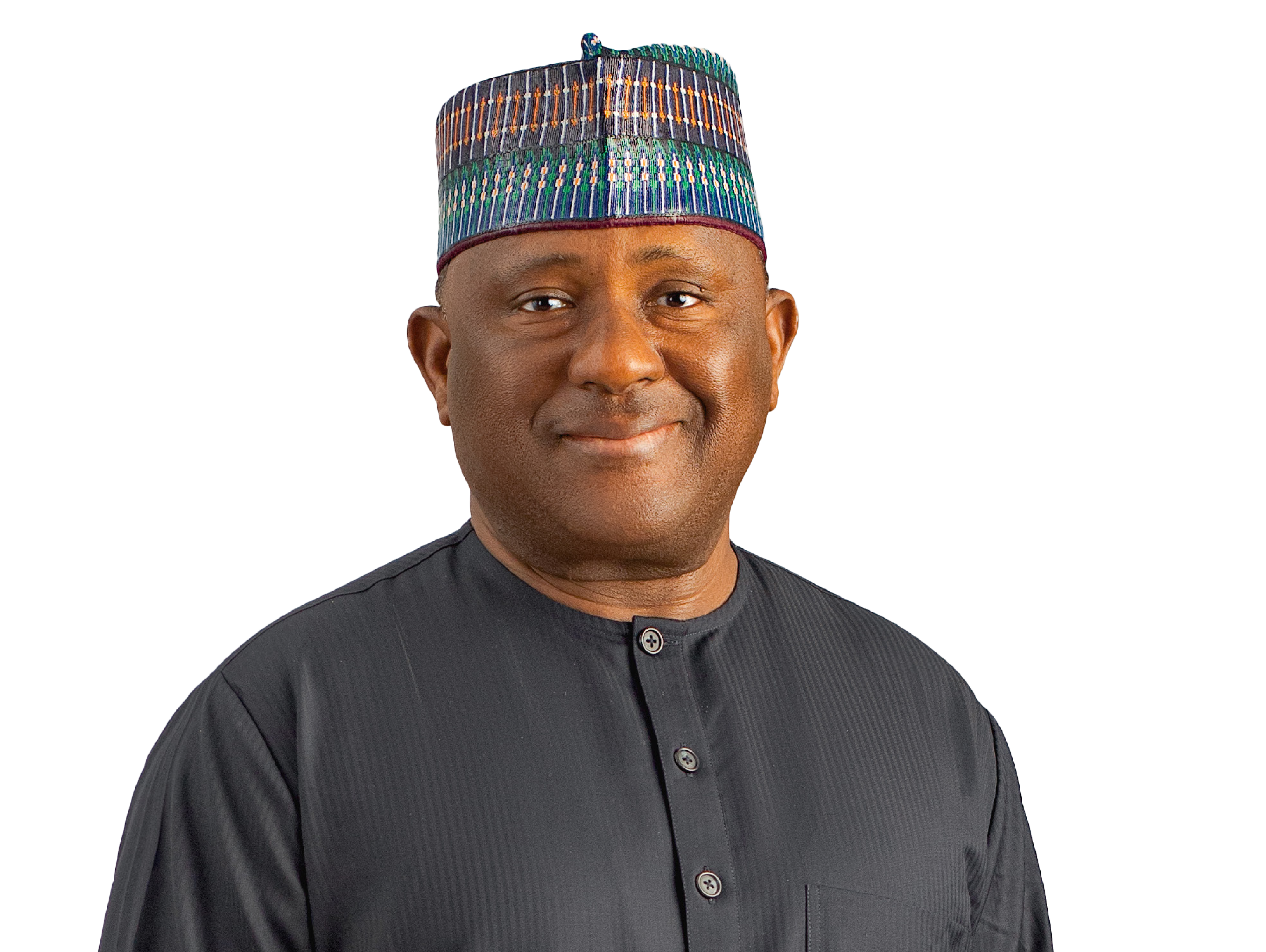 Revenue:
Revenue: